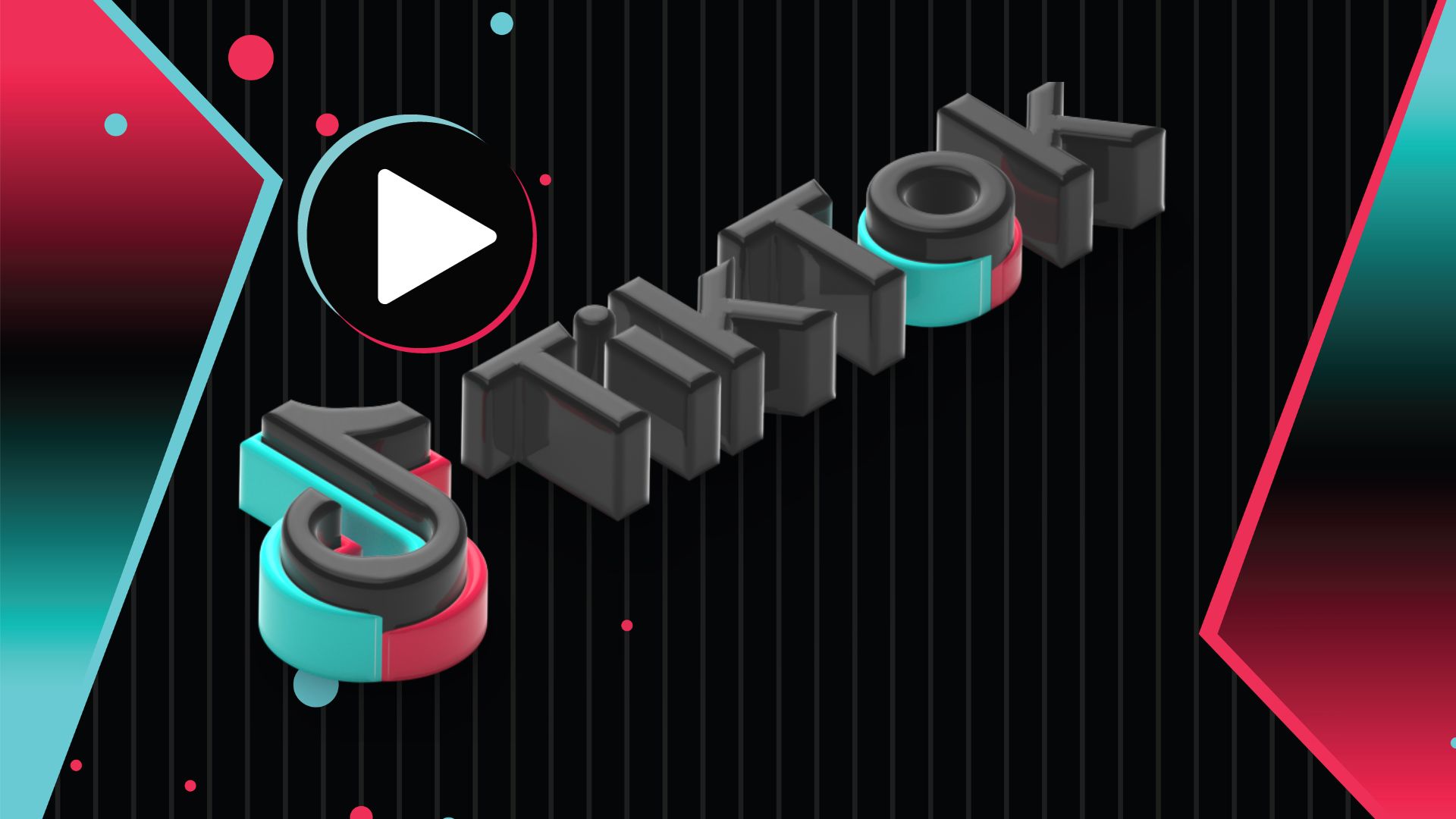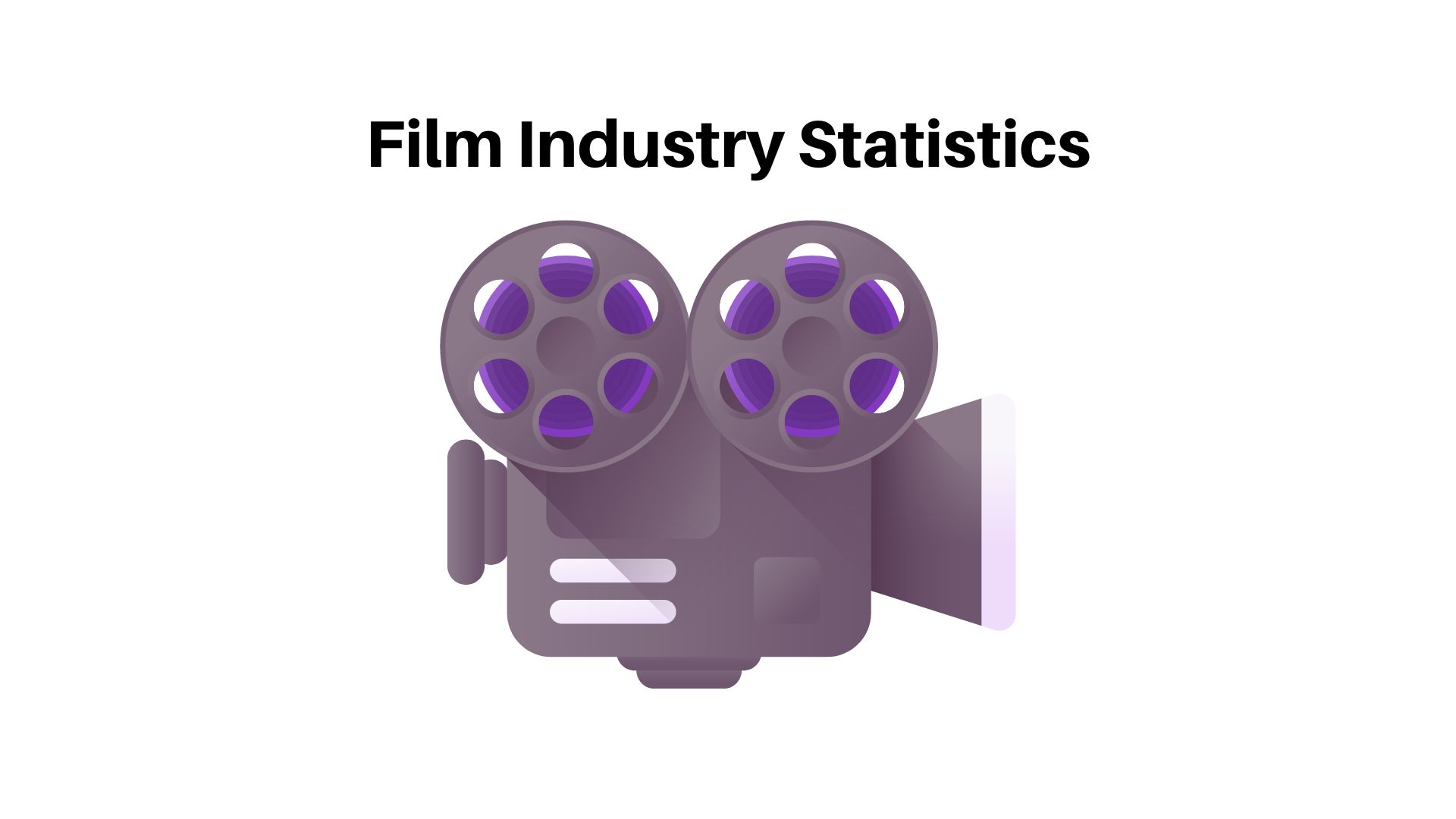Oracle Marries Business Intelligence with CRM, ERP in New Fusion Apps
Oracle (NASDAQ: ORCL) gave a lot of air time to its new Fusion application platform at last month's Oracle Open World Conference in San Francisco.
CEO Larry Ellison said Fusion was five years in the making, as it had to live up to some grandiose goals — replacing all Oracle, PeopleSoft, JD Edwards and Siebel applications and middleware. That means Oracle 11g, all flavors of Oracle CRM and business intelligence, every database Oracle has available, and a whole lot more.
“We have taken the best of Siebel, Oracle, PeopleSoft and JD Edwards and re-implemented them on top of a modern middleware platform,” said Ellison.
While the release has been announced, it is not yet generally available. Oracle plans to begin with a few customers by the end of the year, make sure all is running well, and then make these new Fusion applications generally available in the first quarter of next year.
The reasoning behind this is simple. Sooner or later, you have to consolidate what you have acquired. And Oracle has certainly been on an acquisition binge over the last decade. It now owns most of the big names in ERP and customer relationship management (CRM). So part of the problem being addressed is the spaghetti bowl of middleware involved, particularly on the ERP side. All of that proprietary middleware has been dispensed with under Oracle Fusion, which establishes a unified platform that takes advantage of a Service Oriented Architecture (SOA).
“SOA makes it easy for Fusion applications to interoperate with other tools such as SAP,” said Ellison.
Part of the Fusion package will include a Fusion customer relationship management module. It can be implemented standalone or along with other Fusion modules. Fusion CRM will be available for both on premise and on demand use. Each can take advantage of the simplified middleware backbone, thus easing integration concerns. The Fusion middleware platform also enables the on demand and in-house CRM modules to share the same database.
Those currently on Siebel CRM or Oracle CRM on Demand will have the option of staying on those platforms and enjoying periodic updates and upgrades for the foreseeable future. If desired, they can be deployed alongside other Fusion applications from the Oracle portfolio.
Ellison doesn't recommend that everyone move onto Fusion at once, however. He prefers a controlled rollout. He said the company is currently subjecting the software to an unprecedented wave of testing to eliminate bugs. Then only about 50 to 100 customers will be allowed to use it during the first half of next year. Ellison's advice is for most users to continue as before while Oracle irons everything out during the early deployments.
“Move to Fusion at a time of your choosing,” said Ellison.
In all likelihood, most customers will move over to Fusion and Fusion CRM within five years. They will be tempted into the fold by brand new modules such as talent management that have no counterpart in the Oracle E-Business Suite, as well as CRM modules with enhanced marketing and sales features.

Drew Robb is a writer who has been writing about IT, engineering, and other topics. Originating from Scotland, he currently resides in Florida. Highly skilled in rapid prototyping innovative and reliable systems. He has been an editor and professional writer full-time for more than 20 years. He works as a freelancer at Enterprise Apps Today, CIO Insight and other IT publications. He is also an editor-in chief of an international engineering journal. He enjoys solving data problems and learning abstractions that will allow for better infrastructure.

